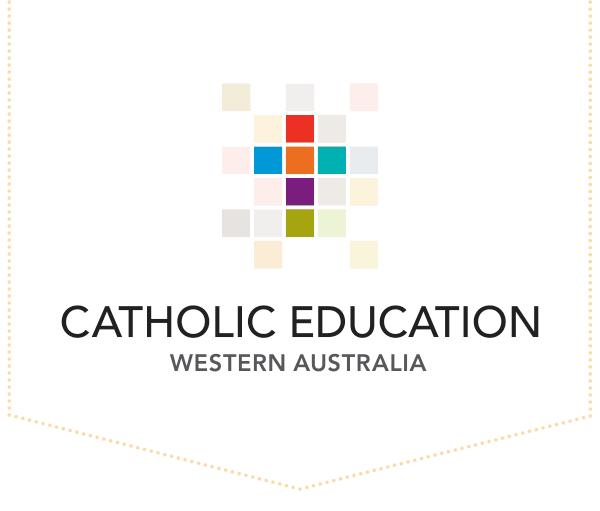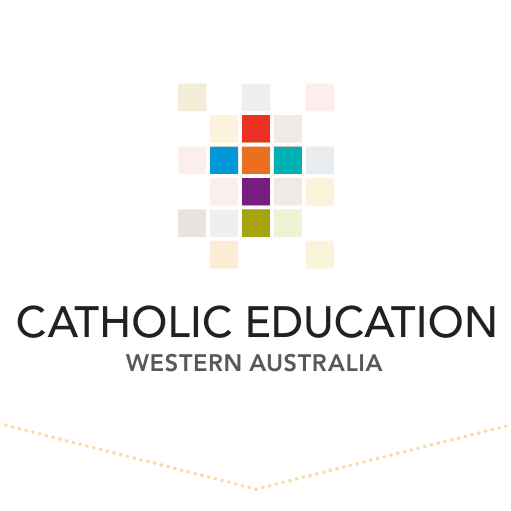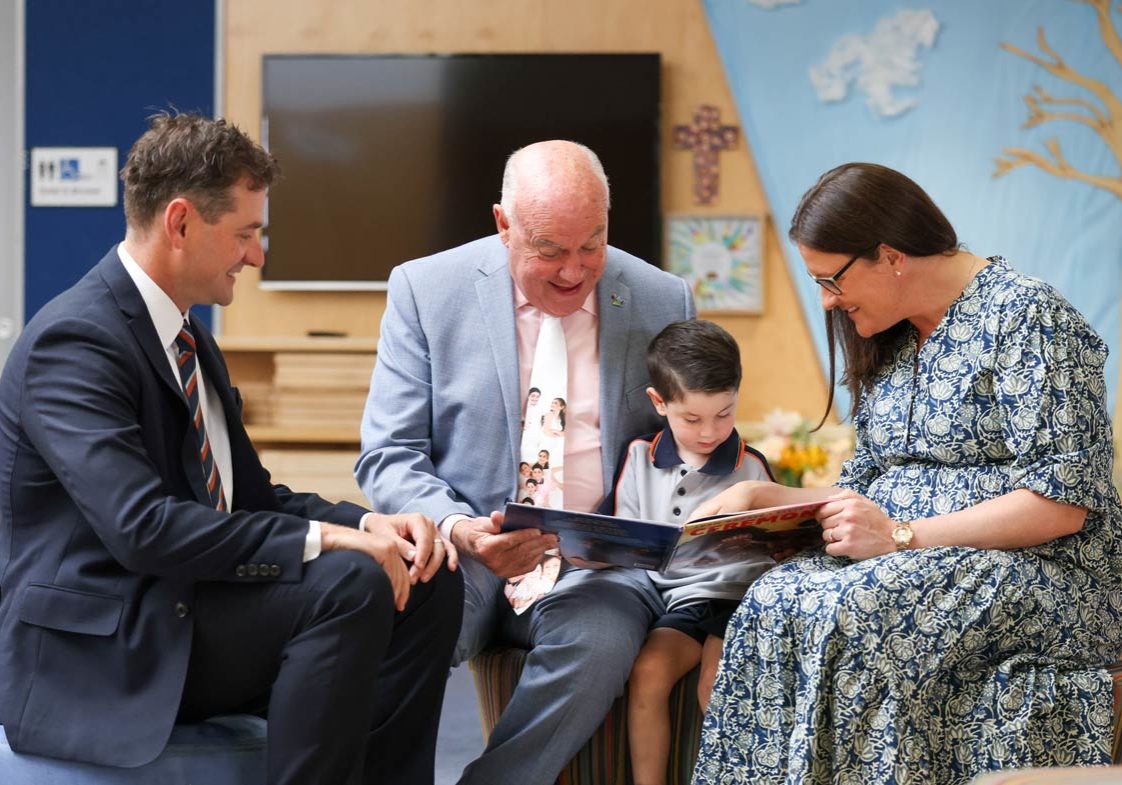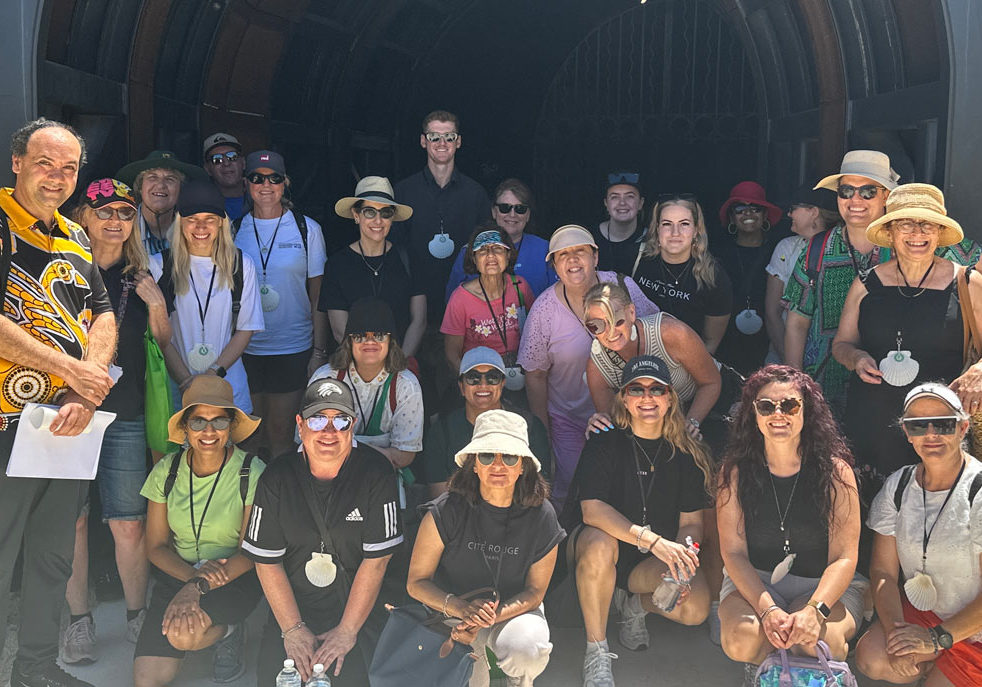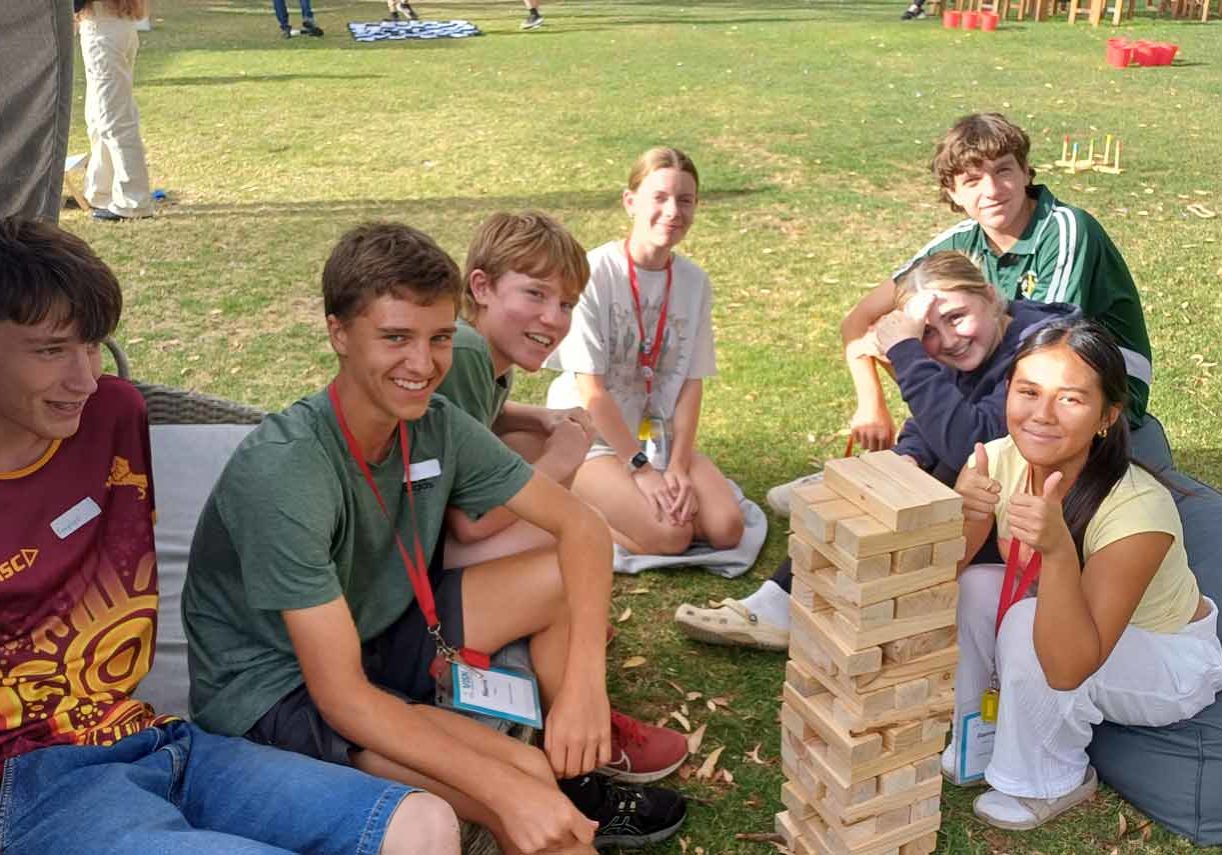LEAD Awards of Merit – 2017 Winners
17 August 2017
In addition to the eight LEAD Awards of Excellence, the panel of judges for this year’s Awards selected seven recipients for LEAD Awards for Merit:
Learning
Hammond Park Catholic Primary School – Singapore Professional Learning Experience
As a foundation school, the Hammond Park Catholic Primary School staff and community determined professional learning and faith formation as a strategic priority.
As a collective, and with community support, the HPCPS staff of 24 initiated, planned and fundraised a shared professional learning experience in Singapore between 23-28 August 2016.
The staff visited a total of 8 schools, including international schools, Ministry schools and Catholic schools.
Staff created an iTunesU course to store all key information and resources. Each day in Singapore concluded with a reflection of the learning and experiences, providing data that was incorporated into the strategic planning and school improvement planning processes. A whole-of-staff report was shared with CEWA, regional schools and throughout the school community.
HPCPS has seen an impact on the relationships between staff members, as well as a number of initiatives having a positive effect on the community, and importantly, the students – including increased extra-curricular opportunities for students utilising the skills and talents of staff.
There has also been increased collaboration between leaders and educators, a coaching model for staff development and the establishment of a Care Club creating Christian service opportunities for staff.
Liwara Catholic Primary School – Italian Partial Art Immersion
To contextualise the Italian language for students and transform the approach to learning languages within the school, Liwara Catholic Primary School created the Italian Partial Art Immersion.
Being piloted for the Year 2 students learning Italian, Signora Rossi teaches Italian through Art. The children are provided with instructions in Italian, learning various topics through a particular piece of artwork or similar. Any related art elements are taught in Italian, as well as topic related words or expressions.
This method of teaching Italian integrates with other areas of the curriculum, including IT, visual arts and music.
The Italian Partial Art Immersion is an engaging method for students to learn the Italian language in a practical and relevant way. It provides them with an opportunity to be creative, and be able to communicate about their artwork through the Italian language. This approach also introduces children to art language and theory.
Mercedes College – The HARD Learning Project: The Game Changers
To empower students to develop 21st century learning skills, practice design thinking and approach problems in an interdisciplinary way, Mercedes College developed the HARD Learning Project.
The HARD Learning Project is a problem-based learning approach, inspired by Deep Learning theory. The concept of the HARD Learning Project is that it is Heartfelt, Animated, Required and Difficult and requires a cross curriculum approach in STREAM.
Students, known as the Game Changers, were inspired to support the homeless to access crucial social services and reconnect with loved ones. Students determined a need to create an app for the homeless to have access to crucial services.
The Game Changers visited start-up founders, met with app developers and made connections with not-for-profits for support. The student team designed a system to crowdfund mobile phones. The prototype included:
- A contact form backed by crowdsourcing to connect with loved ones
- A coded map of the public phone recharging stations in the CBD
- A map listing service agencies within the CBD, and
- Push notifications on locations of key services such as food, doctors and shelter.
The Game Changers have won two major prizes at the STEM Game Changer Awards with their solution to help the homeless. The Game Changers vision and passion on the project reflect their commitment to the College’s Mercy values of compassion, justice and service.
Engagement
Mercy College – Numeracy Week
To continue building student engagement with the Mathematics Curriculum, Mercy College has developed Numeracy Week.
The main objective for Numeracy Week is to engage students in maths, with a particular focus on students that find maths challenging or are disengaged. Numeracy Week is an inclusive event for students with special needs.
The Maths Department built this week with a focus on promoting numeracy through fun learning opportunities. The 2017 Numeracy Week combined best practice from previous years with new initiatives.
The 2017 Numeracy Week was carnival-themed, with activities such as:
- Poster competition to advertise the week
- Numero competition, leading to the Grand Final held on Friday.
- Other competitions included a Chess competition, the Rubix cube, Matching Pairs, Giant Maze, Lollies in the Jar Guessing Game, Year 7 Giant Quiz, Marshmallow and Spaghetti Tower Building, Pi Decoder, Weapons of Maths Destruction, Daily Quizzes, Pig Pen Decoder, Concentration and Guess the Maths Teacher childhood picture.
A morning tea was held to promote Numeracy Week, featuring the Maths Staff wearing matching t-shirts to the amusement of all staff and students.
Numeracy Week in 2017 brought an increased focus on Maths, engaged the student cohort and provided excitement and interest within the school community
Our Lady of Mercy Primary School – Distributed Leadership Model
To make aspirational goals a reality, Our Lady of Mercy Primary School created and implemented a distributed leadership model.
The new distributed leadership model established a positive school culture and climate. The model was underpinned by the philosophy that everyone is a leader, and the approach fostered staff ownership in decision making and strategy, and empowered all to drive change within the school.
The model involved introducing several new systems and processes within the school, including the Lead Teacher initiative, staff committees and 10-minute rounds.
It is evident that the model has had an impact across the school. ACARA has acknowledged the significant gains through NAPLAN and empowerment and improvement amongst the staff has been captured in the School Climate Data.
St Andrew’s Catholic Primary School – Support-A-Reader Program
To work in partnership with parents in supporting students in their learning, St Andrew’s Catholic Primary School introduced the Support-A-Reader program in 2015.
Verified by School Climate data, it was evident that volunteer engagement and parental collaboration had declined at the school in recent times. In order to address this, it was determined and committed through the Annual School Improvement Plan, that staff would actively build relationships with the community. Support-A-Reader was one such initiative that engaged parents more deliberately in the educational practices of the school.
Parents are upskilled in literary research and best practice in helping children learn how to read. After initial training, parents are ready to support children in learning to read through one-to-one instruction. Ongoing support is provided to parents and caregivers. Parent participation has grown from 3 to 15 over two years, and the number of students benefitting from the program has increased from 18 to 48.
Significantly, this program also provides additional opportunities for students to learn how to read. Parents and caregivers have expressed their enjoyment and satisfaction with increased participation in the school. The program has become an example for building community and a sense of belonging for parents within the school.
St Francis’ School – Strong Hearts, Strong Minds
To assist young people in their social and emotional wellbeing, St Francis’ School implemented the Strong Hearts, Strong Minds program for Year 10 students in 2017.
Strong Hearts, Strong Minds is a step in the re-engagement process at the CARE school. The program is based on the theoretical principles underpinning positive psychology along with cognitive behavioural therapy including the Circle of Courage.
Strong Hearts, Strong Minds was implemented through staff collaboration, identifying the needs of students within the CARE school. Staff have developed a strong partnership with students, in an inclusive, flexible and safe environment, to positively engage them with the program.
Workshops have been delivered through various media, art and craft, cooking and sensorimotor activities. These various methods, combined with enthusiastic and interesting facilitators, result in greater engagement and retention of the information by the students involved.
Strong Hearts, Strong Minds has empowered students to learn more about themselves and focus on their educational, social and emotional development. The program, through fun and exciting workshops, is facilitating discussion about life beyond school and making positive contributions to the community.
